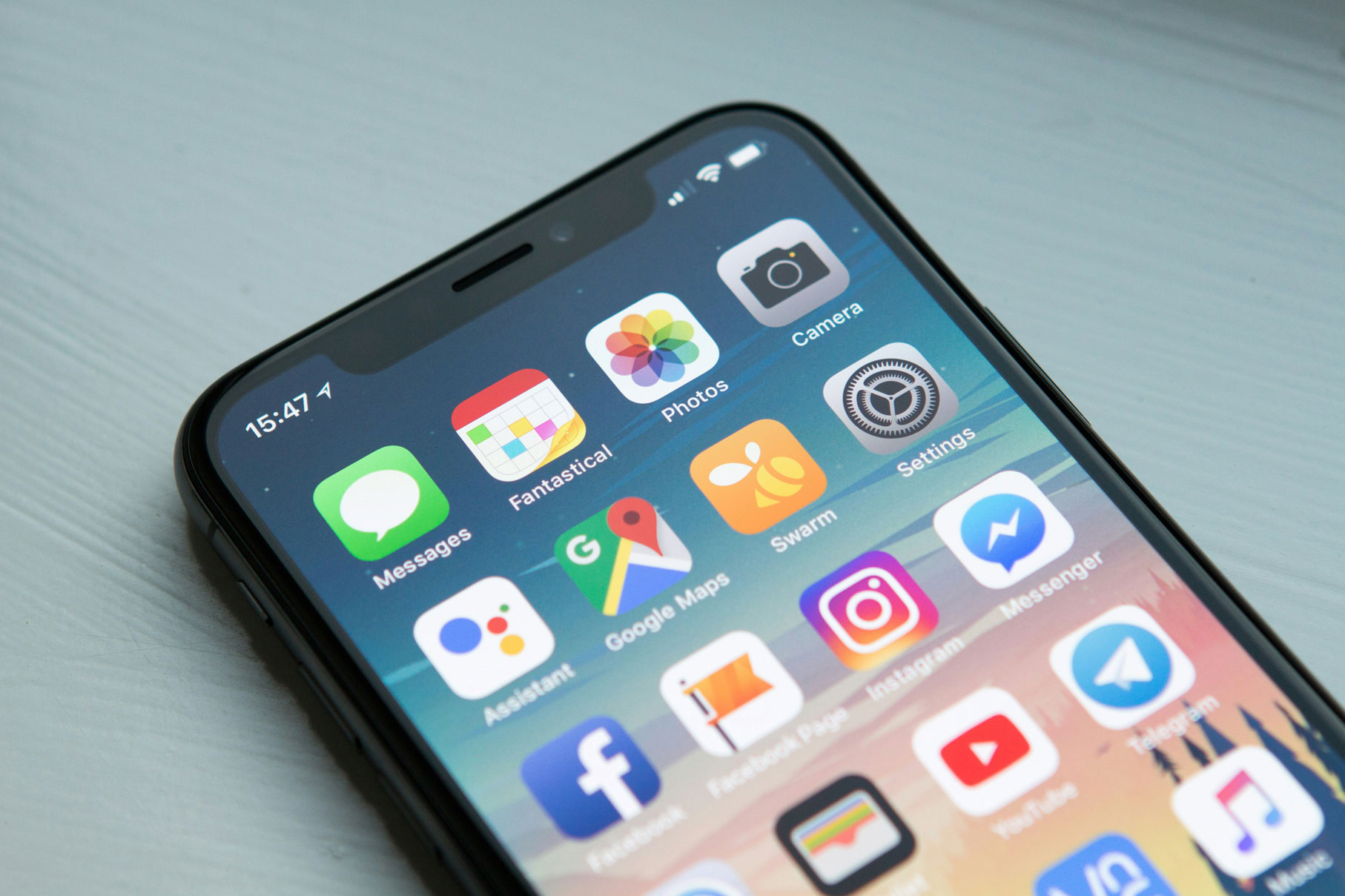
Mobile applications are no longer a passing fad in today’s digital marketplace; they are a must-have tool for businesses of all sizes. A well-crafted mobile application may open up a world of opportunities for anyone, be they an aspiring business owner looking to take their business to the next level or an established enterprise looking to broaden its market share.
However, it can be difficult to navigate the frequently complicated world of mobile app development businesses, particularly when you have to make the important choice of which partner to choose. This in-depth guide is designed to empower you along the way by arming you with the information and understanding required to choose the best mobile app development firm for your particular requirements.
The Rise of Mobile App Development
With billions of downloads happening each year across several app stores, the mobile app market is expanding at an exponential rate. This increase demonstrates the enormous potential that mobile applications provide to companies. Mobile apps have several advantages, ranging from increasing sales and internal process efficiency to improving customer engagement and brand loyalty. But turning your idea into a profitable app takes skill, dedication, and experience. This is where companies that produce mobile apps come into play.
Mobile App Development in 2024: Trends, Technologies, and Predictions
The telecommunications sector continually evolves and exciting new developments are expected in 2024. Smartphones are portals to immersive experiences, tailored services, and smooth interactions; they are no longer only tools for communication. The need for cutting-edge mobile apps is greater than ever as companies try to stay ahead of the curve and connect with their target market.

Top Trends: A Glimpse into the Future
1. AI-powered experiences:
Artificial intelligence (AI) will continue to revolutionize user interfaces, enabling hyper-personalization, context-aware interactions, and predictive recommendations. Imagine apps that learn your preferences, anticipate your needs, and adapt to your behaviour in real time, creating a truly unique and engaging experience.
2. Cross-platform development:
Time and resource constraints are pushing developers towards cross-platform frameworks like Flutter and React Native. These tools allow them to build apps that function seamlessly across various operating systems (Android, iOS) from a single codebase, saving time and money while reaching a wider audience.
3. 5G fueling innovation:
The widespread adoption of 5G technology promises lightning-fast internet speeds, enabling high-bandwidth applications like augmented reality (AR), virtual reality (VR), and real-time data processing. This opens doors for innovative apps that blur the lines between the physical and digital worlds, offering immersive experiences and unlocking new possibilities.
4. Super apps:
Inspired by WeChat’s success in China, super apps are gaining traction globally. These all-encompassing platforms combine multiple functionalities within a single app, offering users a one-stop shop for various services like messaging, payments, shopping, and more. This trend simplifies user journeys and creates a more unified mobile experience.
5. Focus on security and privacy:
With increased awareness of data privacy concerns, security will remain a top priority for app developers. Implementing robust security measures, adhering to data protection regulations, and building trust with users will be crucial for app success.
Mobile App Development: Exploring Your Options

Understanding Your Needs
- App Purpose
What problem does your app solve? What value does it offer to users?
- Target Audience
Who are you trying to reach? Understanding their demographics, needs, and preferences is crucial.
- Desired Features
List the essential functionalities and features your app needs. Prioritize them based on importance and complexity.
Outsourcing vs. In-House Development
Outsourcing:
- Cost-effective
May be more affordable, especially for complex projects.
- Access to Expertise
- Faster Development Time
Can expedite the development process compared to building a team from scratch.
- Potential Communication Challenges
Requires clear communication and collaboration to ensure project alignment.
In-House Development:
- Greater Control
Offers more direct control over the development process and decision-making.
- Team Building
- Higher Costs
Requires significant investment in hiring, training, and infrastructure.
- Time Commitment
Building an in-house team takes time and resources.
Choosing the Right App Developer/ Mobile App Development Company: A Multifaceted Approach

Expertise:
- Technical Skills
Assess their proficiency in developing apps for your target platform (iOS, Android, or cross-platform). Inquire about their experience with specific technologies relevant to your app’s functionality.
- Industry Knowledge
Look for companies with experience in your industry, as they understand the unique challenges and opportunities specific to your domain.
- Portfolio
Analyze their past projects to gauge their design sensibilities, development capabilities, and the types of apps they excel in developing.
Methodology and Process:
- Development Approach
Understand their development methodology (Agile, Waterfall, etc.) and how it aligns with your project’s needs and timeline.
- Communication Strategy
Evaluate their communication channels and frequency to ensure transparent and timely updates throughout the development process.
- Testing and QA
Learn about their testing procedures and quality assurance measures to guarantee a bug-free and optimized app.
Cost and Value:
- Pricing Structure
Compare pricing models (fixed-cost, hourly, etc.) and ensure transparency in terms of additional costs and hidden fees.
- Value Proposition
Go beyond just the price tag. Consider the value they offer in terms of expertise, experience, support, and post-launch maintenance.
- Project Management
Evaluate their project management capabilities and their track record of delivering projects on time and within budget.
Soft Skills and Cultural Fit:
- Team Composition
Understand the team members who will be working on your project and their qualifications and experience.
- Communication Style
Assess their communication style and responsiveness to ensure a smooth and collaborative working relationship.
- Company Culture
Consider their company culture and values to ensure alignment with your own, fostering a positive and productive partnership.
Beyond the Basics: Additional Considerations:
- Security and Data Privacy
Verify their adherence to industry-standard security practices and data privacy regulations.
- Scalability and Future-Proofing
Discuss their approach to future-proofing your app to accommodate potential growth and technological advancements.
- Support and Maintenance
Understand their post-launch support options and maintenance plans to ensure your app remains functional and secure.

Final Thoughts
A critical choice that can have a big impact on your app’s performance is zeroing in on the best mobile app development services and selecting the best mobile app development company and good mobile app developers. You may confidently choose a partner who fits your goal, timeline, and budget by giving considerable thought to the above-mentioned elements, doing extensive research, and maintaining open lines of communication. Recall that creating a good mobile app requires teamwork. Select a business that encourages trust, gives you confidence, and understands your desire to see your project through to completion.






